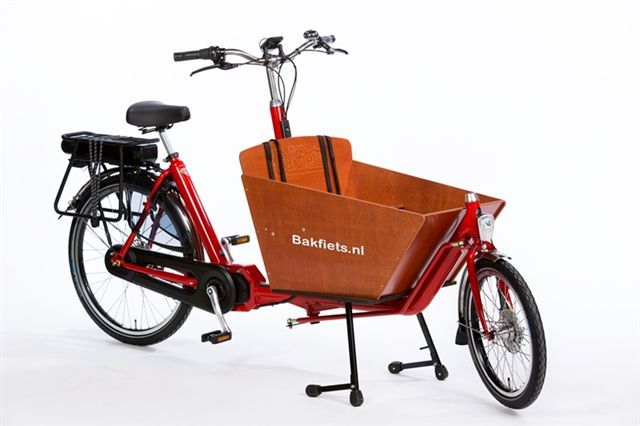I was delighted to see, this morning, that my local supermarket, Waitrose, has effectively abolished the transaction limit on Apple Pay & Android Pay. It’s now £10,000, and even with my fondness for some of their products, it’s hard to imagine hitting that limit even on Ben & Jerry’s Chocolate Fudge Brownie ice cream. So today, I paid for our weekly shop with my Apple Watch.
In fact, I pay for most things with my watch, now, when I’m out and about. (I could also use my phone, but that would be like the old-fashioned systems where you had to take something out of your pocket to make a payment.) Since I only really buy clothes about once a year, and I buy almost everything else on Amazon, there are remarkably few occasions when I need to use a physical card any more. (Cash, of course, is long gone: coins are mostly something I keep in the car as a kind of parking-meter token.) I even have an electric car, so I don’t need to buy petrol.
The only places, therefore, where I still regularly used a card + PIN instead of the more modern electronic payment systems (which have hitherto been limited to £30) were when eating out, and when grocery shopping. The latter went away this morning.
If the pubs and restaurants of Great Britain get their act together soon, my wallet will soon be completely redundant, and I will be delighted.




Recent Comments